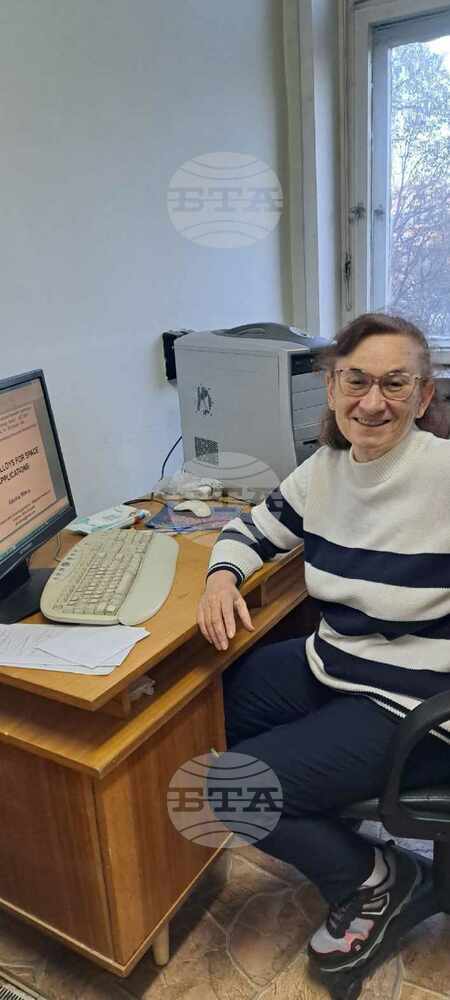BTA interview
![Scientist: Irradiated Food Is Completely Safe, Can Be Used in Daily Life, Even in Space]()
![Scientist: Irradiated Food Is Completely Safe, Can Be Used in Daily Life, Even in Space]() Assoc Prof Adelina Miteva, Space Research and Technology Institute, Bulgarian Academy of Sciences (Personal archive photo)
Assoc Prof Adelina Miteva, Space Research and Technology Institute, Bulgarian Academy of Sciences (Personal archive photo)
site.btaScientist: Irradiated Food Is Completely Safe, Can Be Used in Daily Life, Even in Space


Scientists believe that irradiated food is completely safe and recommend its use both in everyday life and in space, Assoc Prof Adelina Miteva told BTA.
/DD/
news.modal.header
news.modal.text